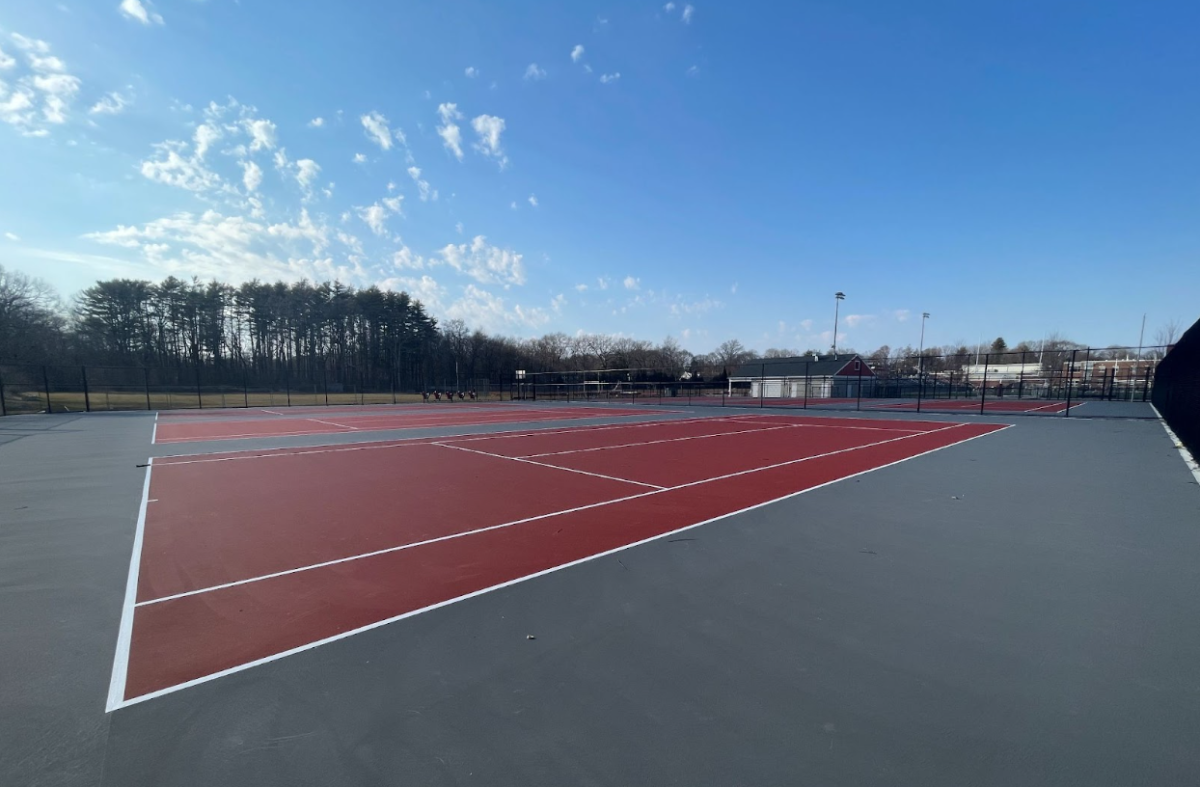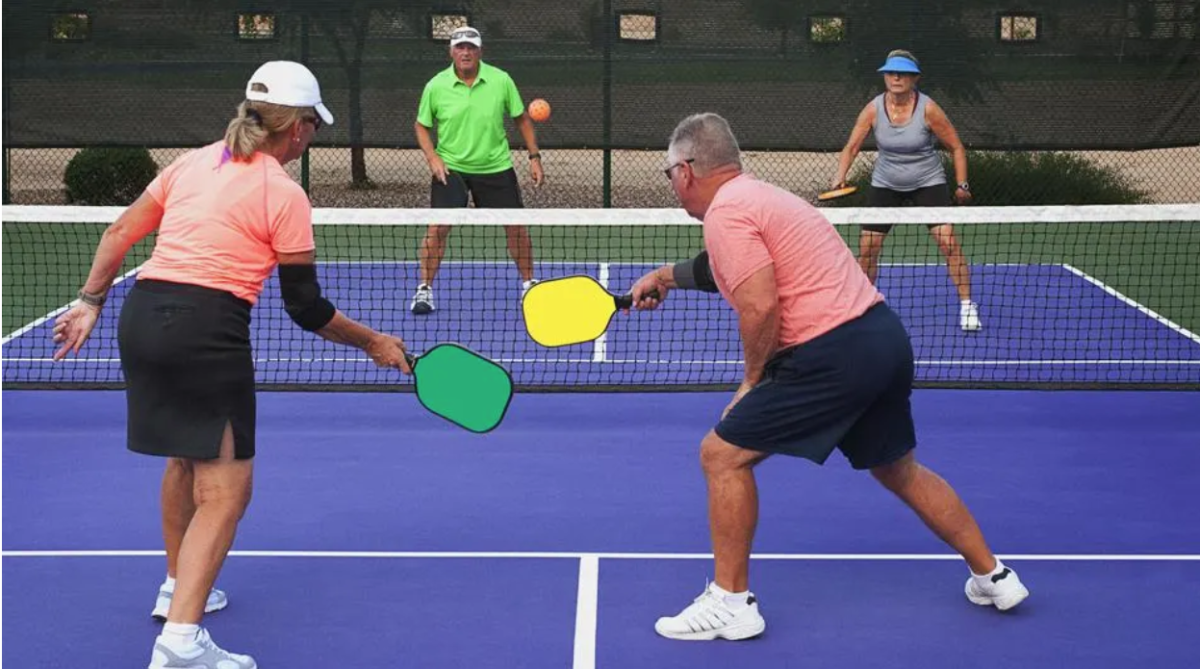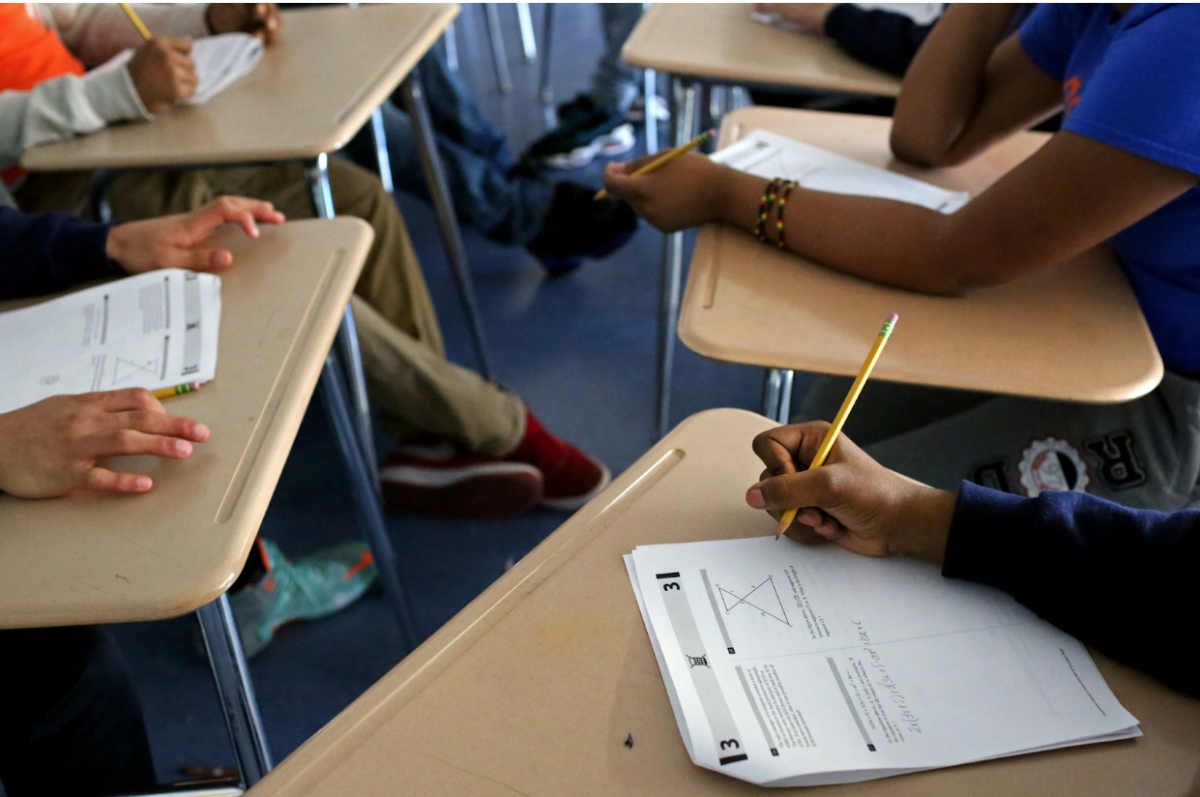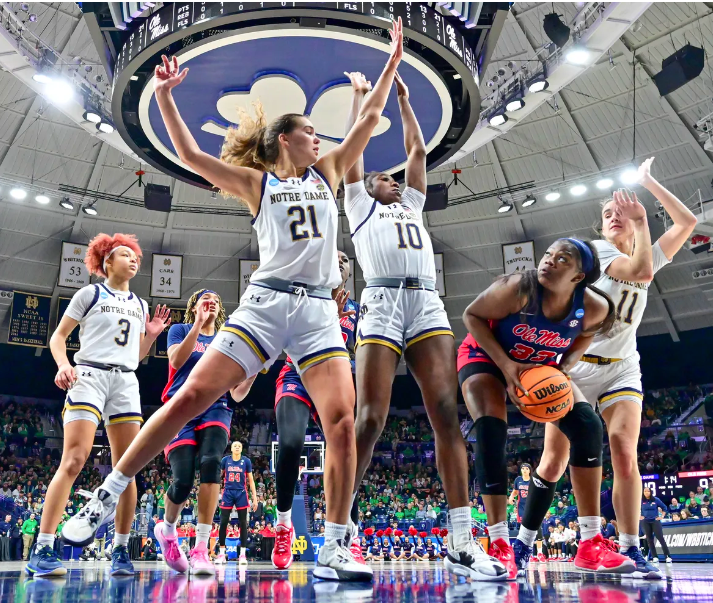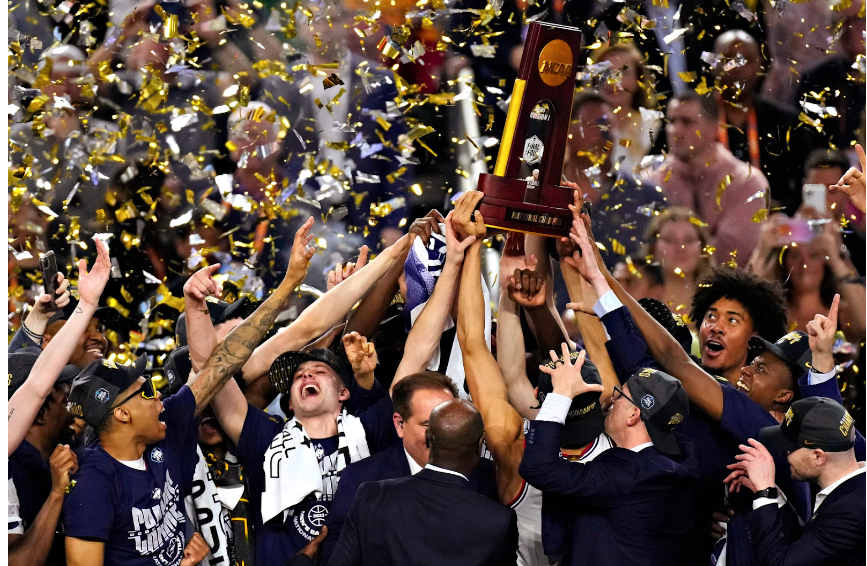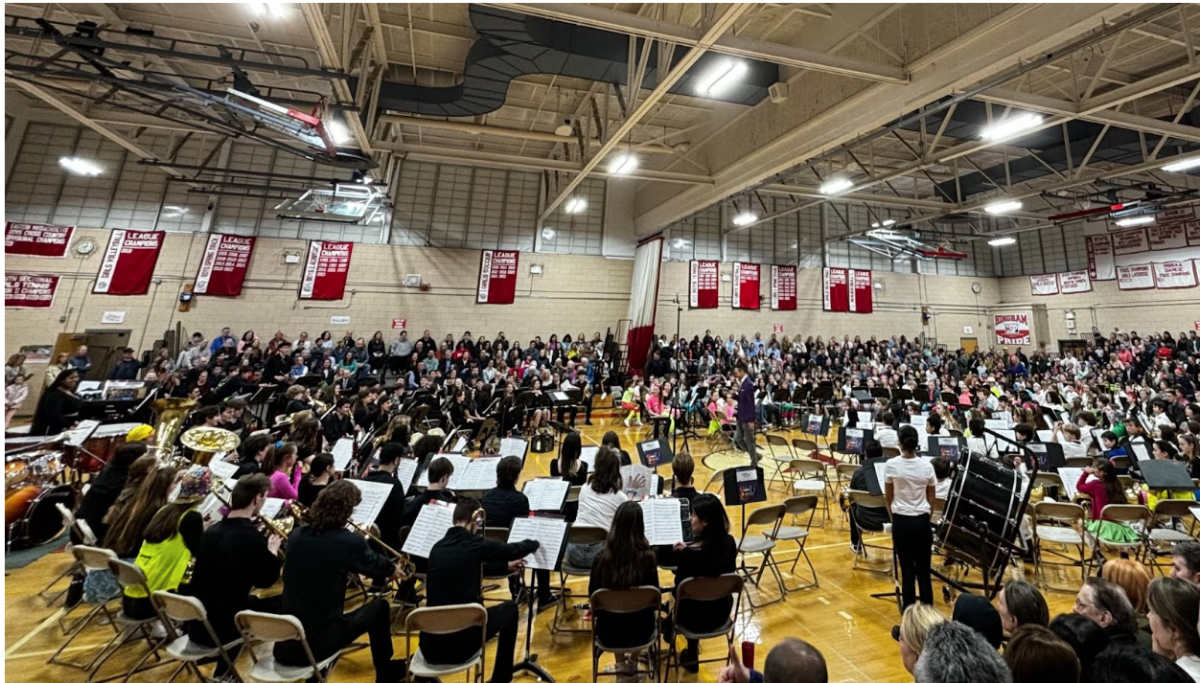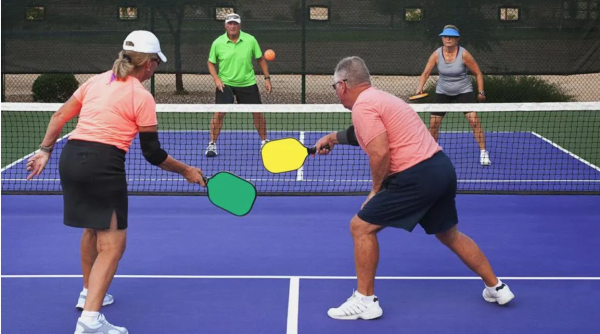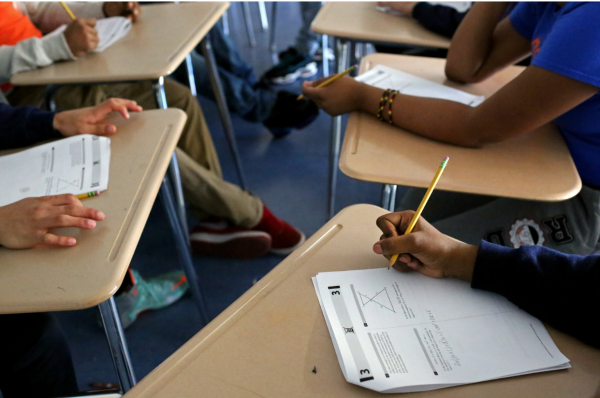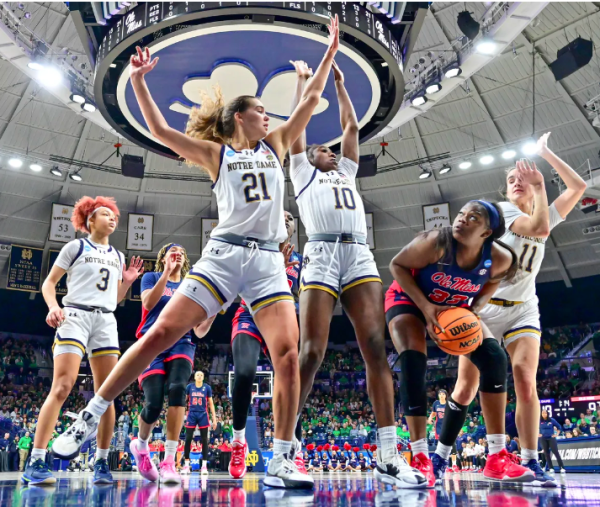NFL Domestic Violence Policy Sparks More Controversy
Janay Rice, left, with her husband, Baltimore Ravens running back Ray Rice.
September 5, 2014
Caught beating his girlfriend in an elevator in February, Ray Rice has recently demanded media attention, having reignited the issue of domestic violence in the NFL.
The Baltimore Raven’s running back was recorded on a security camera beating his girlfriend Janay Palmer in an elevator while at a casino in Atlantic City, and after punching her in the face, Rice was seen dragging his apparent unconscious girlfriend from the elevator.
The video soon became viral, and Rice subsequently faced the penalty of a two-game suspension; however the punishment has been widely-criticized as inadequate. Considering that heavier punishments have befallen offense such as drug abuse, including minor infringements such as an unapproved fertility pill, even NFL commissioner Roger Goodell acknowledged that Rice’s punishment was admittedly light.
Rice also managed to avoided court, although legally he is now obliged to engage in a program that may include community service or anger management class. Also, since his lashing out, Rice has owned up to his harmful actions, and he is now married to Janay Palmer. However, because of his actions, the NFL has imposed stricter rules regarding domestic violence.
The new rule, which falls under the NFL’s personal conduct policy, states that one offense warrants a six-game ban; a second offense results in a ban for life. NFL players have contested the new statute. Because of rule’s placement under the specific “conduct” category, NFL Commissioner Roger Goodell had the executive ability to pass it rather quickly. No NFL players were consulted before the rule’s passing.
Although the harsh actions of NFL player Rice incited the rule, the fact that no other, more credible players were consulted, arouses even more controversy.





